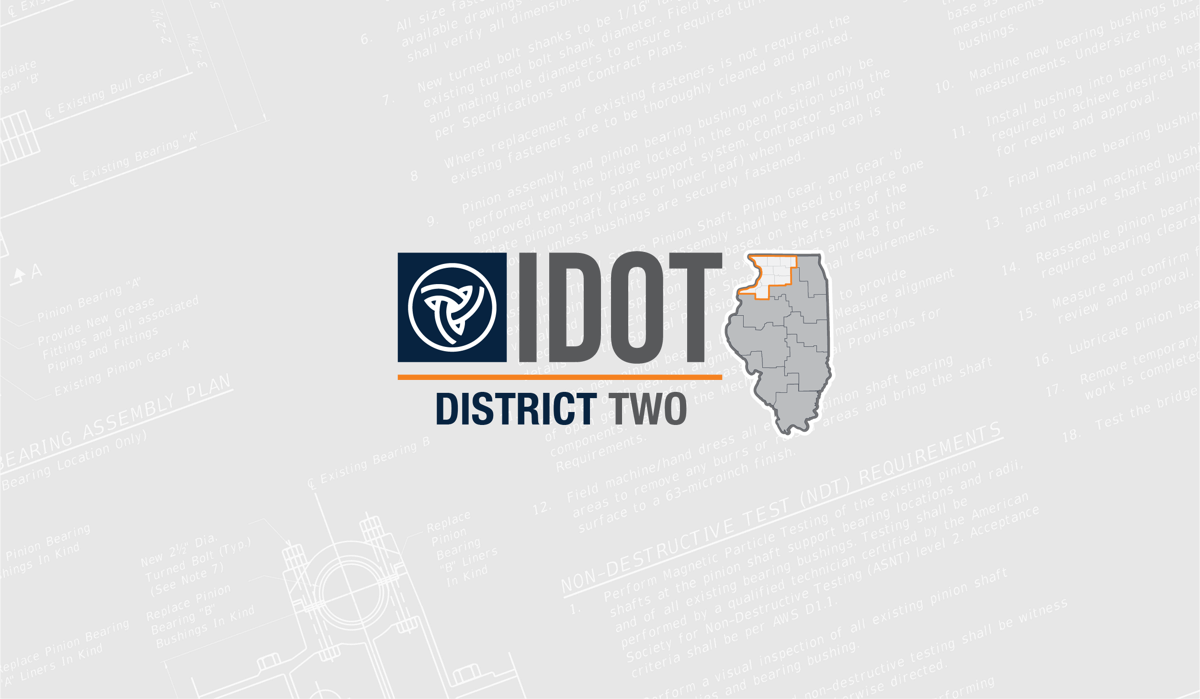- Details
- Written by: Sarah Grabowski
- Category: Bi-State Regional Commission
- Hits: 173
- Details
- Written by: Sarah Grabowski
- Category: Bi-State Regional Commission
- Hits: 1475
On or about June 17, 2025 the City of Muscatine will submit a request to the U.S. Department of Housing and Urban Development (HUD) for the release of Healthy Homes and Lead Hazard Reduction funds under the Consolidated Appropriations Act, as amended, to undertake the following multi-year program: Muscatine Healthy Homes and Lead Hazard Control, for the purpose of addressing lead hazards, radon, carbon monoxide, and electrical hazards in homes with Census Tract 508. The City of Muscatine is requesting the release of $2,956,932.31.
- Details
- Written by: Sarah Grabowski
- Category: Bi-State Regional Commission
- Hits: 1765
Public comment on the Andalusia Road-Indian Bluff Road Corridor Study will be received until May 7, 2025. Materials from the April 9 public meeting on Alternatives and Strategies can be downloaded here. Submit your written comments to
- Details
- Written by: Sarah Grabowski
- Category: Bi-State Regional Commission
- Hits: 1750

The Illinois Department of Transportation, in partnership with the Iowa Department of Transportation, will host a public meeting for the U.S. 67 (Centennial Bridge) Corridor project on Thursday, April 17. The event will be from 2 to 6 p.m. at the Holiday Inn Rock Island-Quad Cities, 226 17th St., Rock Island.
- Details
- Written by: Sarah Grabowski
- Category: Bi-State Regional Commission
- Hits: 2567
pdf 2055 LRTP Public Survey Media Release January 2025(139 KB)
Andalusia Road Corridor Study Survey
Unpublished- Details
- Written by: Sarah Grabowski
- Category: Bi-State Regional Commission
- Hits: 5663
Bi-State Regional Commission along with Rock Island, Milan, Moline and Rock Island County are conducting a study of Andalusia Road/Indian Bluff Road from Turkey Hollow Road to US 150 and are seeking input from the public and stakeholders.
The purpose of this survey is to identify needs and opportunities along the corridor. https://www.surveymonkey.com/r/AndalusiaRoadCorridorStudy
pdf Andalusia Road Corridor Study Survey Questions(333 KB)

- Details
- Written by: interGen support
- Category: Bi-State Regional Commission
- Hits: 9299
Can’t find what you’re looking for? Check out
our list of GIS and data resources!
- Details
- Written by: interGen support
- Category: Bi-State Regional Commission
- Hits: 10299
Illinois Quad Cities GIS Consortium
The Quad Cities GIS Consortium is an open repository of local GIS datasets, maps, and web applications. Con-
tent is curated by Bi-State and local government partners.
Data Products
Bi-State produces and distributes a variety of data publications for the region including the Comprehensive
Economic Development Strategy (CEDS), community fact sheets, folded travel maps, and more.
GIS & Data Resources
Our resource directory provides quick links to state and national datasets covering economic, demographic,
and educational characteristics. It also includes GIS data on a variety of local and regional topics. Traffic
counts, community Census data, and more can be found here.
- Details
- Written by: interGen support
- Category: Bi-State Regional Commission
- Hits: 9242
Did you know...
If Americans used public transportation for roughly ten percent of daily travel needs, the United States would reduce its dependence on imported oil from the Persian Gulf by more than 40 percent.
Every $1 invested in public transportation projects generates from $4 to $9 in local economic activity.
Riding a transit bus is 79 times safer than car travel.
Since 1995 public transportation ridership is up 32 percent.
Each year, public transportation use in the U.S. saves 1.4 billion gallons of gasoline. This represents almost 4 million gallons of gasoline (the equivalent of 300,000 fewer automobile fill-ups) per day.
Without public transit systems and their effects on our urban landscapes, American households would drive 102.2 billion more miles per year.
Public transportation produces 95% less carbon monoxide (CO), 90% less in volatile organic compounds (VOCs), and about half as much carbon dioxide (CO2) and nitrogen oxide (NOx), per passenger mile, as private vehicles. Energy-related carbon dioxide emissions represent 82% of total US human-made greenhouse emissions.
Public transportation fosters a more active lifestyle. 2001 National Household Travel Survey data analysis finds that walking to and from transit helps inactive persons fulfill a significant portion of recommended minimum daily exercise needs.
Source: APTA (American Public Transportation Association)
- Details
- Written by: interGen support
- Category: Bi-State Regional Commission
- Hits: 8437
Nearly 50 years ago, the 1964 Civil Rights Act was enacted. There continues to be an on-going need for awareness and implementation of this and new regulations related to civil rights. Gena McCullough, Planning Director, reviewed the Bi-State Title VI Program and Non-Discrimination Policy provided to the Commissioners.
The document is a consolidation of the various parts of the agency’s policies and procedures formalized collectively into one format.
Title VI states “No person in the United States shall, on the
ground of race, color or national origin, be excluded from
participation in, be denied the benefits of, or be subjected to
discrimination under any program or activity receiving Federal
financial assistance.” Additional non-discrimination requirements
include Executive Orders (EO) to address environmental justice in
minority and low-income populations (EO 12898), to improve access to services for persons with limited English proficiency (EO 13166) and to ensure consistent and effective implementation of Title VI (EO 12250) administered through the Department of Justice. There are other statutes that address protected classes related to age, sex, marital status, disability, etc.
The document identifies the Executive Director as the Title VI Coordinator, outlines roles and responsibilities and related documents, such as the public involvement process, language assistance, and handling of complaints. The Bi-State Regional Commission Title VI Program and Non-Discrimination Policy applies to agencywide programs and planning. It provides the framework for open and inclusive planning processes, outreach to low-income and minority populations, eliminating barriers to participation, providing broad representation on planning and advisory bodies where possible, knowing the socio-economic makeup of the Bi-State Region to address, and being proactive in agency programs and planning. Commissioners approved the policy for submission to the respective federal agencies.
